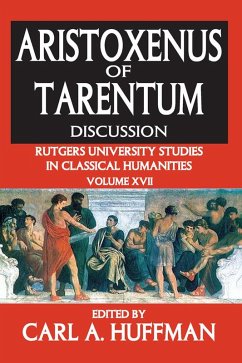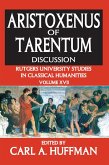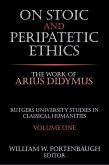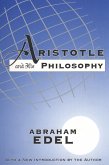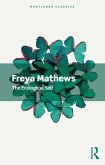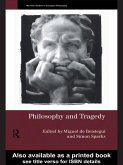This volume includes eleven selections, which are almost evenly divided between his work in music theory and biography. There is a chapter on his general biographical method as well as chapters on his specific treatments of the Pythagoreans, Socrates, and Plato. There are chapters evaluating the extent to which Aristoxenus was a historian of music, his account of music therapy, his views on musical "character," the use of instruments and empiricism in his harmonic theory, and his relation to the "Neoclassical" Greek composers of the fourth century.
This volume includes: "Did Aristoxenus Write Musical History?," Andrew Barker; "Instruments and Empiricism in Aristoxenus' Elementa harmonica," David Creese; "Aristoxenus and Musical Ethos," Eleonora Rocconi; "Aristoxenus and Music Therapy: Fr. 26 Wehrli Within the Tradition on Music and Catharsis," Antonella Provenza; "Aristoxenus and the "Neoclassicists," Timothy Power; "Apollonius on Theophrastus on Aristoxenus," William W. Fortenbaugh; "Aristoxenus' Biographical Method," Stefan Schorn; "Aristoxenus and the Pythagoreans," Leonid Zhmud; "Aristoxenus' Life of Socrates," Carl A. Huffman; "Aristoxenus' Life of Plato," John Dillon; and "Aristoxenus and the Early Academy," Andrew Barker. Spanning close to three full decades, Transaction's Rutgers University Studies in Classical Humanities Series continues to pioneer in the field of classical studies.
Dieser Download kann aus rechtlichen Gründen nur mit Rechnungsadresse in A, B, BG, CY, CZ, D, DK, EW, E, FIN, F, GR, HR, H, IRL, I, LT, L, LR, M, NL, PL, P, R, S, SLO, SK ausgeliefert werden.

